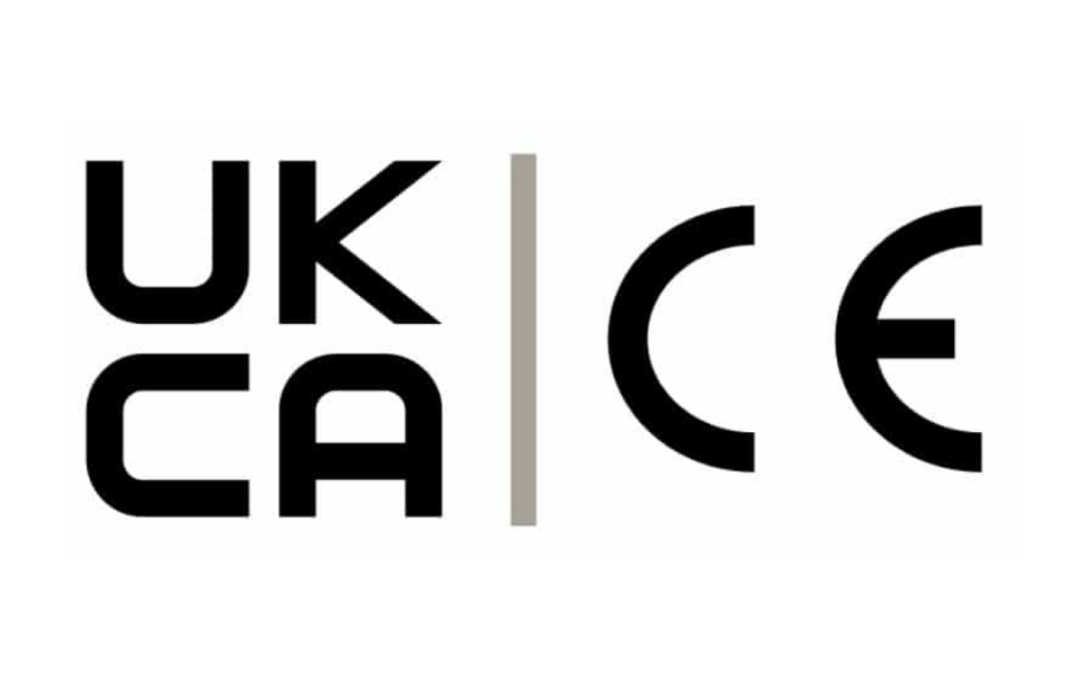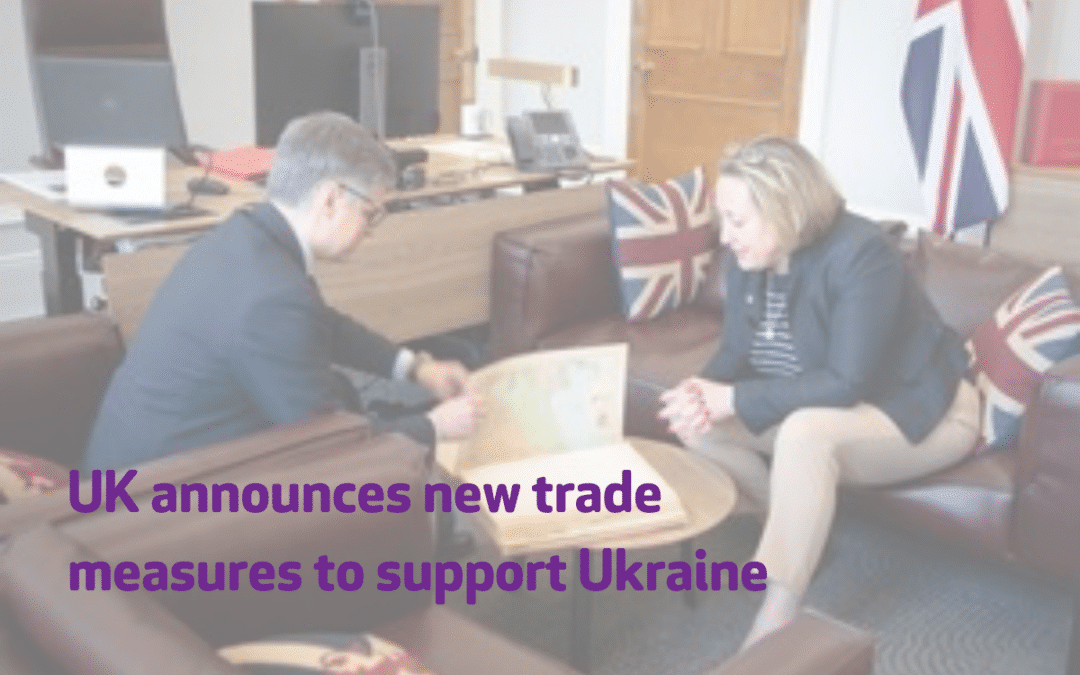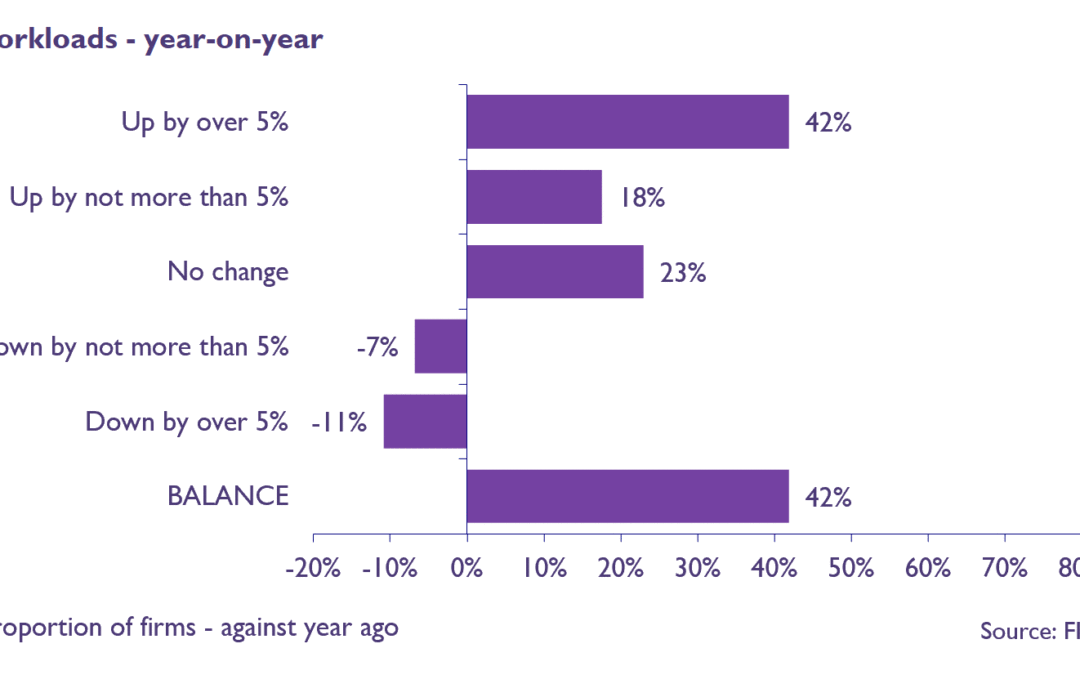
by Clair Mooney | May 3, 2022 | Main News Feed
The Construction Industry Collective Voice (CICV) has reassured clients that ongoing price rises for projects are caused by global events not “profiteering” – and says any increases only reflect the spiralling costs that are affecting the whole construction industry.
Clients have voiced concerns at the increasing costs of construction work, but the body insists this is due only to ongoing global events sparking a rise in fuel costs and shortages of raw materials and labour.
Iain McIlwee, FIS Chief Executive said:
“The war in Ukraine, energy price hikes, impact of Brexit and fallout from COVID-19 have all created a ‘perfect storm’ just as there is a surge in demand, with price increases being imposed on the industry as a result.
Construction professionals are increasingly being forced to shoulder these ongoing rises, particularly when it comes materials, and are having no option but to pass these increases on to clients. But it is not profiteering – it is a necessity for these businesses to survive.”
The CICV’s Post-Brexit & Trade sub-group this week discussed the higher costs for raw materials, energy, labour and transport being faced by construction businesses of all sizes in Scotland, with particular focus on inflationary pressures for SMEs caused by external factors.
Iain added:
“This is a really challenging time for all in the construction supply chain with costs rising, often at short notice. The critical thing now is that we work together as a supply chain.
Too often in construction we have contracted down all risks, but we are now in a position where fixed prices could undermine the resilience of contractors or suppliers and we need to adopt a more collaborative approach and consider how fluctuations clauses can be deployed and any risks fairly shared so as not to undermine the quality or viability of a project or businesses.”
The CICV says as well as the negative impact of political, military and health issues, the withdrawal of red diesel in April has also led to higher costs for construction firms.
Chris Cassley, Policy Manager at CICV member the Construction Plant-hire Association (CPA), said:
“The UK Government’s environmental strategy with the removal of red diesel for construction plant has undoubtedly contributed to the current financial impact on industry, and despite representations to government departments, has proceeded regardless.
“The rise in energy and material prices, together with supply chain pressures and higher inflationary figures, has led to a tipping-balance for suppliers and customers alike, and in many instances resulted in necessary price increases. These increases are very likely to be passed back up to the client and for government projects, it will be the taxpayer who will ultimately have to pay.”
Another warning came from Andrew Richards, Strategic Director of Safedem and a member of the Construction Scotland Industry Leadership Group, (representing SMEs and the supply chain) which is working in tandem with CICV to support the industry. Mr Richards said:
“The knock-on effects caused by the global events of the past two years looks like they will continue for the immediate future, so clients should consider fluctuations and rises in construction costs as part of ‘the new normal’ and shouldn’t expect prices to fall any time soon.
“Construction professionals are equally concerned about the uncertainty that surrounds the marketplace and are only passing on cost increases through necessity, not greed.”
The Post-Brexit & Trade panel is one of 12 sub-groups run by the CICV, covering a range of issues ranging from health and safety and skills to the supply chain and project bank accounts.
The collective was rebranded from the Construction Industry Coronavirus (CICV) Forum at the start of 2022 to reflect its widened remit, which now covers all areas of construction.
Since its creation in March 2020, the CICV has drawn on the collective expertise of its members to maintain a steady supply of information and practical advice to the sector as well as carrying out surveys, hosting webinars and making appeals to government ministers.

by Clair Mooney | Apr 28, 2022 | Main News Feed
FIS issued a reminder this week that new product marking requirements are still set to be introduced from 1st January 2023. From this date it will no longer be legal, except in Northern Ireland, to place CE marked products onto the UK market. Products previously covered by a Harmonized Standard (e.g. ceiling systems) will be required to be UKCA marked if they are placed on the market from 1 January 2023.
Beyond this period UK compliant Declarations of Performance will be required to refer to Designated Standards and may need to be retested by a UK Approved Body.
Distributors and manufacturers of products and contractors purchasing products are reminded to check that their supply chain have this in hand as soon as possible to ensure that there are no interruptions to supply in the New Year. Remember that that this may impact components that are bought seperately and integrated within your products such as glass, electric motors or hardware.
FIS is aware that there are major bottlenecks at UK test houses and there are concerns that essential testing may not be completed before the deadline.
If for any reason you or your suppliers experience problems, please let us know as soon as possible. FIS is feeding concerns into Government directly and via the CPA and continuing to press for an extension to this deadline, so that we can let Government know that this may result in delays to projects.
More information on the UKCA Marking is available here.
To visit the FIS Brexit Toolkit Click Here

by Clair Mooney | Apr 28, 2022 | Main News Feed
The impact of war in Ukraine: The Government has announced new measures to support Ukraine under its free trade agreement, which include reducing all tariffs on goods imported to zero and removing all quotas. It has also strengthened sanctions against Russia, with tariffs increased by up to 35 percentage points and the list of products facing import bans expanded to include silver and wood products.
The latest statement issued by the CLC Product Availability Group confirms that ‘the impact of the war in Ukraine is only beginning to be felt by UK construction’. Sanctions against Russia have led to reports of nickel prices doubling, which affects the price of stainless steel, whilst rising energy and raw material costs are continuing to drive up prices, particularly for energy‐intensive products like steel, cement and glass.

by Clair Mooney | Apr 26, 2022 | Main News Feed
FIS is continuing its support of the 2022 Inspiring Change Awards, that were introduced in 2016 to recognise companies working in the construction, infrastructure, and built environment sectors.
There is no charge to enter, and attendance at the Conference & Awards Ceremony is also free of charge.
Creating open and inclusive workplace cultures in which everyone feels valued, and respects colleagues, is recognised as key to business success. Becoming a finalist or winner in the Inspiring Change Awards is a great way to raise your company profile as they highlight organisations that understand the broad scope of diversity, nurture a culture of Fairness, Inclusion and Respect, and have taken active steps to promote equality of opportunity in the workplace and wider community.
The Inspiring Change Awards are part of the FIR Programme, and are part-funded by CITB.
In 2022, Awards will be presented in the following categories:
- Inspiring Change in the Workplace
- Inspiring Change in the Community
- Inspiring Change in Education
- Inspiring Change: Project Award
- Inspiring Change: SME Award
- Inspiring Change: FIR Inspiration
The deadline for entries is the close of business on Friday 13 May 2022.
This year the Awards Ceremony will be incorporated into a one-day Inspiring Change Conference, which will be held on 6 July 2022 at No. 11 Cavendish Square, London W1G 0AN. The conference will bring together a range of inspirational speakers from diverse backgrounds, including industry stakeholders and representatives from a range of sectors. The Awards Ceremony, which is free to attend, is sponsored by CITB and the individual awards will be sponsored by major clients and other stakeholders.
For more information and details on how to enter, please visit www.inspiringchangeawards.com or e-mail inspiringchangeentries@ceca.co.uk

by Iain McIlwee | Apr 21, 2022 | Main News Feed, Market data
In 2022 62% of FIS Members are anticipating growth in workload, but have advised caution that labour shortages could constrain demand.
In the Q1 2022 State of Trade Survey, run in partnership with the Construction Products Association, overall volume is encouraging with the majority of members reporting growth in both sales and workload and predicting this will continue through the year.
Concern comes when we look at the costs and with inflation across the board biting hard and a number of members expressing concern about the impact of this in a fixed price environment. Labour Availability is likely to be the biggest constraint on growth, however the added uncertainty these record levels of inflation are undermining confidence with nearly 40% of members suggesting a combination of demand side challenges and material price increases could impact forecasts.
Commenting on the report FIS CEO Iain McIlwee stated:
“It is so difficult to look ahead in the world as it is, as one crisis ends there seems to be another waiting just around the corner, but despite this there is optimism in the survey and once more I find myself in awe at the amazing resilience and flexibility that I see through our supply chain . Certainly, in the near term, inflation is a huge challenge and it will not only put pressure on the viability of projects, but unless pragmatism is applied to the lump sum, fixed priced project approach it will undermine the viability of some in the supply chain. Structurally too the labour market challenge is significant – we have included some of the headline numbers in this report to emphasise that action is needed to join up the education and work market and support this industry in finding new people or we simply won’t be able to get the work done and construction’s ability to drive growth in the economy will be limited”.
You can download a copy of the FIS State of Trade Survey Q1 2022 here.

by Iain McIlwee | Apr 21, 2022 | Main News Feed, Material Shortages
Statement from John Newcomb, CEO of the Builders Merchants Federation and Peter Caplehorn, CEO of the Construction Products Association, co-chairs of the Construction Leadership Council’s Product Availability working group
There has been little change in respect of overall product availability since our last report with a good supply of most products and materials across the UK. That said, previously reported challenges remain for bricks, aircrete blocks, some roofing products, some sanitaryware imported from Asia and gas boilers, all of which are experiencing longer lead times.
The impact of the war in Ukraine is only beginning to be felt by UK construction. There are reports of nickel prices doubling since the conflict began (Russia was a major supplier before sanctions hit), which affects the price of stainless steel. The prices of copper, steel, and aluminium have increased. Taken together with a shortage of supply from major neon producers in Odessa and Mariupol and existing Covid-related bottlenecks for microchips and semiconductors from Asia, the electrotechnical sector is now experiencing inflation on products above 20% as well as price rises between 10-20%. Recent increases in the price of oil will likely affect both fuel and plastics. Although there are no issues expected for structural timber, birch plywood (widely used as a finishing product) and Russian redwood (a predominant source for mouldings) will be affected.
Otherwise, the biggest concern is the rate at which increased energy and raw material costs are driving up prices, particularly for steel, cement, glass and other energy-intensive products. The last three months have seen price inflation of 10-15%, on top of price increases introduced at the end of last year.
While this is challenging for UK construction firms, the impact is greatest for small and medium sized enterprises (SME), which account for most of the industry’s businesses and nearly all of the builders and contractors. While the first quarter was busy for those completing existing projects, there were signs of a dip in demand in home improvement work in March compared to a considerable uplift at the same time last year.
Without price continuity, it is harder for trades to quote for projects on fixed price contracts, and then seek to pass onto their customers any price increases for materials that would otherwise erode their profit margin. Furthermore, as manufacturers reprice materials and SME contractors continue to be required to sign up to fixed price contracts in advance of project delivery periods, considerable pressure is mounting on SMEs at delivery level.
Discussions are taking place within CLC to identify ways and means to manage and mitigate price inflation. We will only achieve a solution that works for industry and clients if everyone collaborates and shares responsibility.
Read the latest FIS statement and resources produced by FIS to support members working at a time of high inflation






